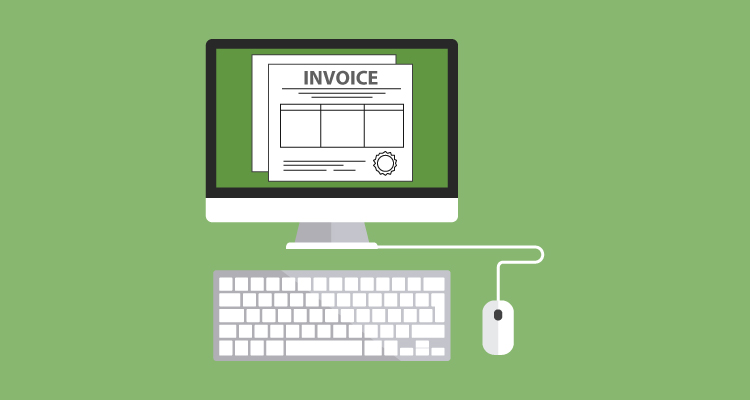Having many invoices out pending can be destructive to cash flow and lead to invoice disputes. You need payments to flow in regularly so you can pay your business expenses and you can give yourself a paycheck. If you notice invoices get paid late often, there may be a few mistakes you’re making that are causing clients to pay after the deadline.
Table of Contents
ToggleYou Send Invoices Late
Clients follow your lead. If you’re sending invoices out several days or weeks after a project, the client may feel less of a sense of urgency to pay the invoice on time. Get your invoices out in a timely manner. Outsource bookkeeping if you need help.
If the client has a deadline when you have to send in an invoice each month for payment, make sure you meet the deadline so you can get paid on time. Staying on top of your bookkeeping each month will help ensure you get out invoices quickly and you receive payment promptly.
You Don’t Give Easy Payment Options
The easier it is for clients to pay your invoice the faster they’ll do it. Online payment systems where clients can use a credit card or debit card can make payments simple for both parties. The client inputs payment details online and you get money quickly.
Put yourself in the client’s shoes for a second and take a critical look at your invoicing and payments system. Is it clear? Is it easy to pay you? If not, think about making some adjustments. Do you need to upgrade your invoice system? Do you need better payment options?
There Are No Repercussions
If you have one or two bad seed clients who always pay late it could be that they’re doing it because there are no repercussions. You could consider updating your contract and imposing a late fee for current and new clients. You could also stop doing work for the client until they submit payment for the prior invoice.
Be careful not to continue doing work for a client when you have a backlog of many invoices unpaid. What if they decide not to pay at all? You’ll have spent hours of work on a project without any cash to show for it. Continuing to work without getting payment can also devalue your work. It’s showing the client that you’ll continue doing the job without cash. Would you feel urgency to pay someone if they kept doing work for no money?
Addressing the Problem When Invoices Get Paid Late
Late payments are something you want to nip in the bud right away. Clients can get into the habit of paying late and it can turn into a frustrating cycle. You have bills to pay and you’re exchanging a service for pay. If invoices get paid late consistently, the client isn’t fulfilling their end of the deal and you must to address it. You also need to take a critical look at your invoicing and payment process. If it’s disorganized, making improvements to how you invoice and how clients pay you could inspire faster payment.
[Related: Three Warning Signs of Clients Who Are More Likely to Pay Invoices Late]











